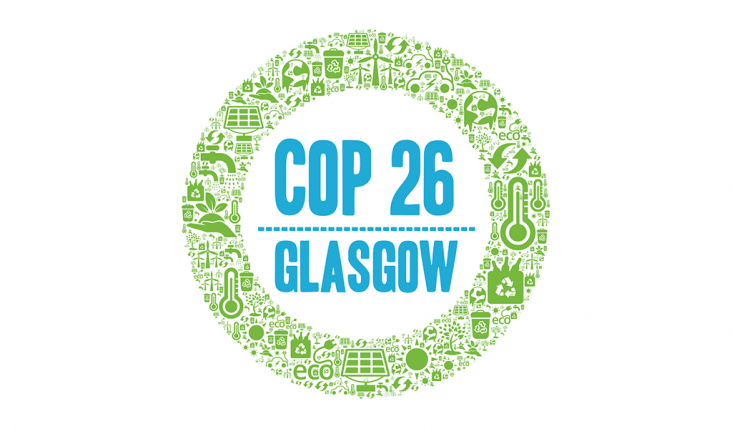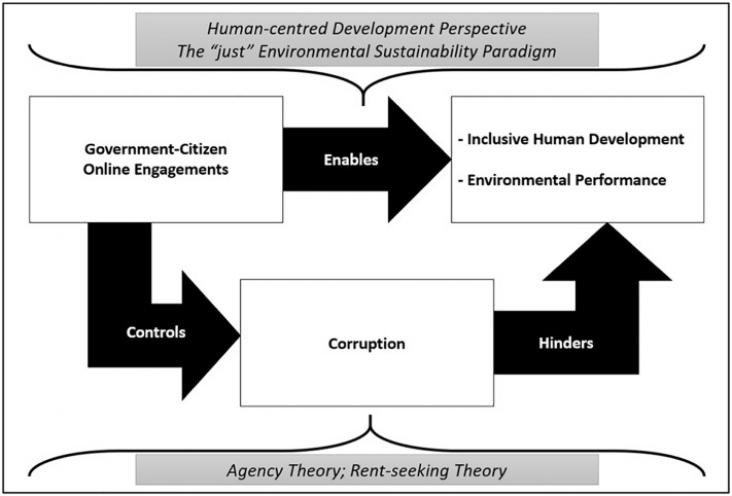In view of all kinds of sustainability concerns related to our current diet, it is essential to gain a good understanding of the sustainability motives consumers have for selecting their food.

Enabling a circular economy for plastics in Europe and beyond is an ambitious goal. To reach a fully closed loop, numerous challenges and knowledge gaps need to be overcome.

In the run up to COP26, the United Nations Climate Change conference, RELX’s Global Head of Corporate Responsibility, Dr Márcia Balisciano, talks to Prof Trevor Letcher, Prof Carolina Arlota & Prof Hirdan Costa about the energy transition required to meet the Paris Agreement.

Low- and moderate-income (LMI) households remain less likely to adopt rooftop solar photovoltaics (PV) than higher-income households.

World Food Day is organized every year on October 16 to bring awareness to how our changing planet affects food production and distribution.

Against a backdrop of scant scholarly evidence regarding the effectiveness of E-Participation (EP) in enabling broader macro-level outcomes, we posit that electronic participation use by governments i
Scientific research is governed by strict disciplinary norms and symbolic boundaries. This highly structured context is the space of probables, which dictates what research is likely to occur.
Extreme heat at outdoor COVID-19 vaccination sites
In this review, the authors discuss practical ways to reduce direct energy use and decrease and avoid waste generation during the surgical experience.
How Lifestyle Medicine (LM) interventions can help individuals and communities mitigate and adapt to the health risks of climate change.
